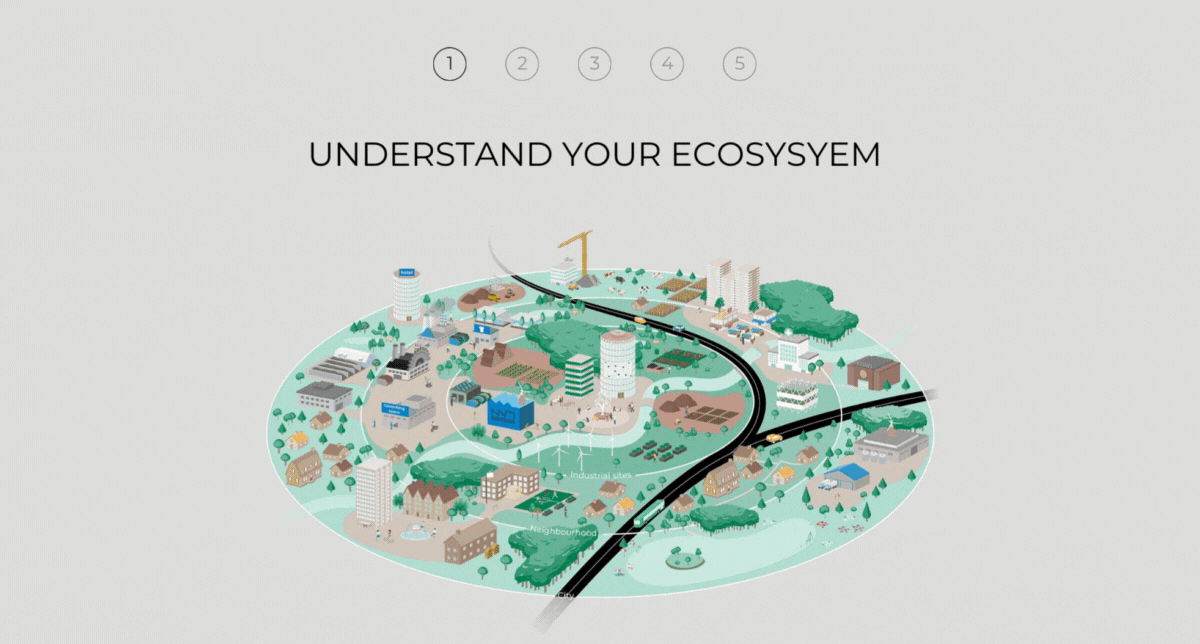Thais Costa
CENTRINNO
CENTRINNO is an EU Horizon 2020 project that aims to regenerate industrial historic sites into creative, productive, and inclusive hubs. It focuses on reshaping the socio-economic identity of these sites, promoting social inclusion through craftsmanship, and rethinking resource governance in cities. The project combines vocational training, digital fabrication tools, and circular economy principles to address local challenges and create social and environmental impact. Involving nine European cities, it tests innovative urban regeneration strategies. Please find more information in the project website. Waag, from the Netherlands, was one of the EU partners that contributed to this inspiring project focusing on sustainable and community-driven transformation.
My Role:
As the pilot coordinator for the CENTRINNO project, my role involved supporting the nine pilot cities by addressing their specific needs and challenges. I facilitated knowledge exchange among the pilots, encouraging collaboration and the sharing of insights. Additionally, I oversaw the progress of each pilot, ensuring that activities were completed on time and aligned with the project’s overall objectives. My role was crucial in ensuring the smooth coordination and successful implementation of the project across diverse urban contexts.
Company/ partners
Output
Transforming industrial historic sites into sustainable, inclusive hubs.
Location
Europe
Date
2020 - 2024

Approach
The CENTRINNO approach is built around five key concepts: Heritage, Circular Economy, Social Inclusion, Vocational Training, and Innovation Spaces, with a strong focus on community-driven initiatives and citizen engagement.Heritage acknowledges the material and immaterial history of industrial areas, using this knowledge to shape their future transformation. Circular Economy encourages the adoption of sustainable, closed-loop systems, countering traditional consumption models that lead to resource depletion and waste. Social Inclusion ensures that local communities, especially vulnerable groups, are actively involved in decision-making processes during urban transformation.
CENTRINNO involved nine pilot projects across nine different European cities, each addressing these five key concepts while focusing on creating inclusive and sustainable urban environments. These pilots tackled local challenges with an emphasis on community participation, ensuring that the transformation of these sites was driven by the needs and aspirations of the residents. Through Vocational Training, new skills and job opportunities were created to support the emerging sustainable economy. Innovation Spaces were established to facilitate collaborative, bottom-up innovation and provide open access to technology and knowledge, fostering local entrepreneurship. Each pilot was designed to test and adapt these strategies in specific urban contexts, demonstrating the potential for community-led regeneration of historic industrial areas.


The outcome
The outcome of the CENTRINNO project was the successful implementation of innovative, community-driven urban regeneration strategies in nine pilot cities across Europe. The project focused on transforming historic industrial sites into local, creative and productive fab city hubs. The project draws from the Fab City model but tailors it to the unique needs of post-industrial sites.
It involved extensive experimentation, producing frameworks and tools for sustainable, inclusive urban transformation. The project's final results were compiled into a comprehensive framework and a "Regenerative Neighbourhoods in the Making" handbook, which outlines lessons learned and best practices for future applications.
For more detailed information, you can visit the CENTRINNO framework website and the Fab City Foundation website.


